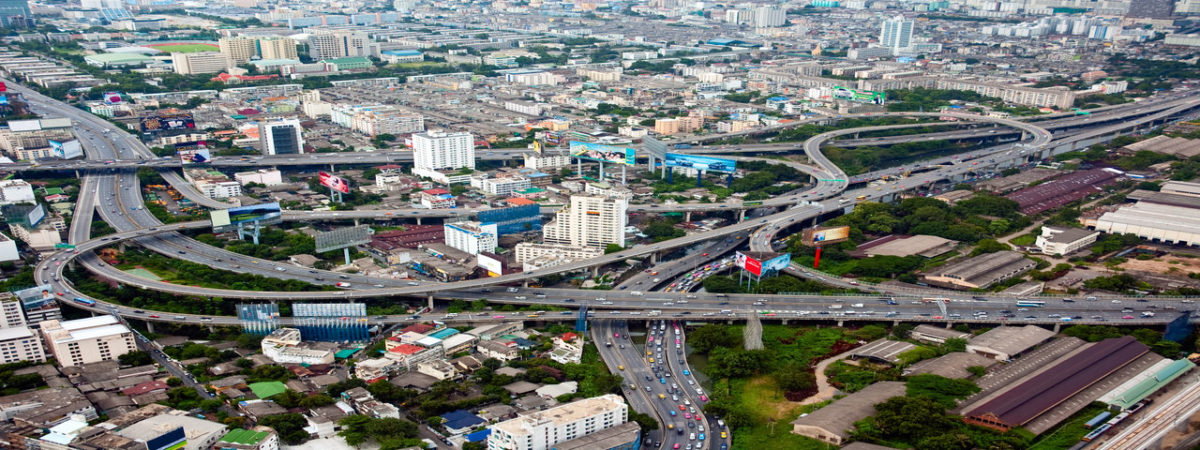Reflections on Alan Walters and the Hong Kong currency board
SUGGESTED



Fortuitously the crisis in Hong Kong occurred immediately ahead of the IMF/World Bank meetings in Washington, and not only were the most senior Bank of England and Treasury officials due to attend, but also the Prime Minister was on a State visit to Canada, and due to call on her friend President Reagan in Washington. Thanks to Alan’s appreciation of the problem in Hong Kong and his influence with the PM, a meeting was promptly arranged between the Chancellor of the Exchequer (Nigel Lawson), the Governor of the Bank of England (Robin Leigh Pemberton), visiting Bank and Treasury officials, Alan Walters and the PM at the British Embassy in Washington on Tuesday, September 27th. At the meeting the PM asked Walters to go out to Hong Kong and review the plan in detail. For personal reasons he was unable to go, but on October 6th and 7th a delegation of two (Charles Goodhart from the Bank and David Peretz from HM Treasury) did visit Hong Kong to vet the scheme and give Hong Kong officials the necessary seal of approval.
From our phone conversations at the time I recall Alan saying to me that the main question which would concern the British authorities was whether the Bank of England’s reserves might be put at risk by the obligation to maintain the HK$ fixed rate (see Margaret Thatcher, The Downing Street Years, pp. 489-490). We agreed that if the HK dollar was put under pressure, interest rates in Hong Kong would rise sharply, but the Bank of England would not be called on to lend its reserves because high interest rates in Hong Kong at a broadly unchanged fixed exchange rate would attract inflows back into the territory. As Alan had envisaged, the question did come up at the embassy conference, but more importantly the analysis that Hong Kong would never need to call on the Bank of England’s reserves also turned out to be correct.




